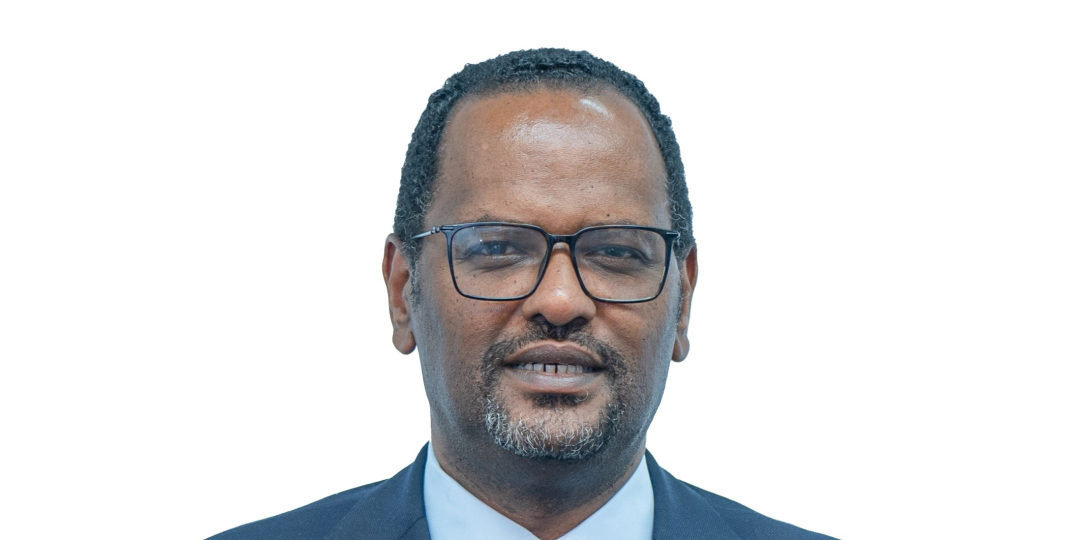Boeing’s choice of Addis Ababa as the location of its African headquarters and the base of its expansion plans into Africa is a move that should benefit the continent as a whole. The aircraft manufacturer intends to establish a more robust aviation system for Africa that includes manufacturing opportunities for the continent.
Though South Africa has lost out on what could have been a golden opportunity to host the aviation giant's Africa base, it's not hard to deduce why Boeing made the choice it did. Ethiopian Airlines is the biggest African client for Boeing, and a profitable African airline. And Addis Ababa has an impressive suite of connections in Africa and across the world.
Henok Teferra Shawl, Boeing MD for Africa, shed some light on the aerospace manufacturer’s vision for the continent.
“Africa is among the most promising markets in terms of economic and business growth. Graced by vast natural resources and a young population, the opportunity for growth of the African aerospace industry is significant.”
Shawl told Travel News that Ethiopia, already a major aviation hub, was a natural choice for the new headquarters. However, he said Boeing was currently operating an office in Johannesburg.
But the the new offices in Addis are intended to establish much more than a physical presence in the region and signified Boeing’s drive to foster the development of a robust aviation system.
“Boeing is assisting in the development of an African industrial base, with partnerships across the continent valued at US$40 million (R734 million). In Ethiopia, we have expanded our wire harness procurement in Africa by working with Ethiopian Airlines to establish a new manufacturing facility at the airline’s base in Addis Ababa,” he said.
Boeing has extended these efforts into the South African market as well, signing an agreement with Aerosud to manufacture airframe parts and working with the Council for Scientific and Industrial Research to develop a titanium road map and research opportunities to incorporate titanium powder into manufacturing processes.
Africa’s aviation challenges
One of the most significant challenges plaguing African airlines is a shortage of aircraft. Boeing recognises this and aims to address the issue through its expanded presence on the continent.
“As urbanisation surges and the middle class expands, the demand for efficient air transportation has skyrocketed. Over the next two decades, Africa is projected to require over 1 000 new planes to meet its evolving travel and cargo needs,” said Shawl.
Boeing is committed to developing the local supply chain and supporting Africa’s aviation market growth, fleet renewal and sustainable development. Part of this drive also includes advocating for innovative financing solutions.
“We are focused on addressing the critical issue of airplane financing for African carriers. We advocate for partnership-based, systematic airplane financing programmes to overcome structural barriers and streamline airplane replacement, enabling African airlines to realise their growth ambitions,” Shawl added.
Boeing is acutely aware of the need for skilled aviation professionals in Africa. To bridge this gap, the company is investing heavily in talent development and it forecasts that it will require 69 000 new aviation professionals over the next 20 years.
Shawl said Boeing was partnering with the Addis Ababa Institute of Technology and Cairo University to foster research, advance technologies, and strengthen engineering education.















